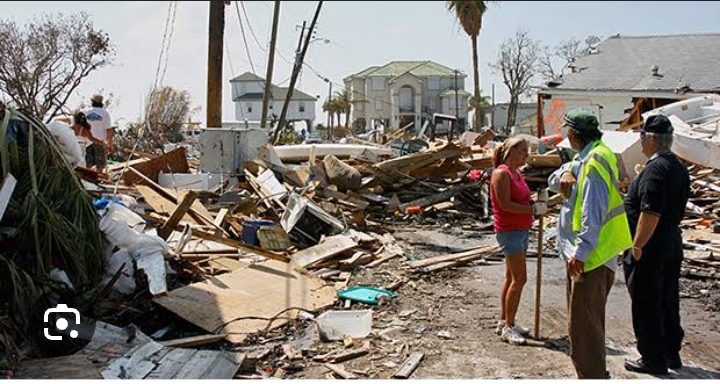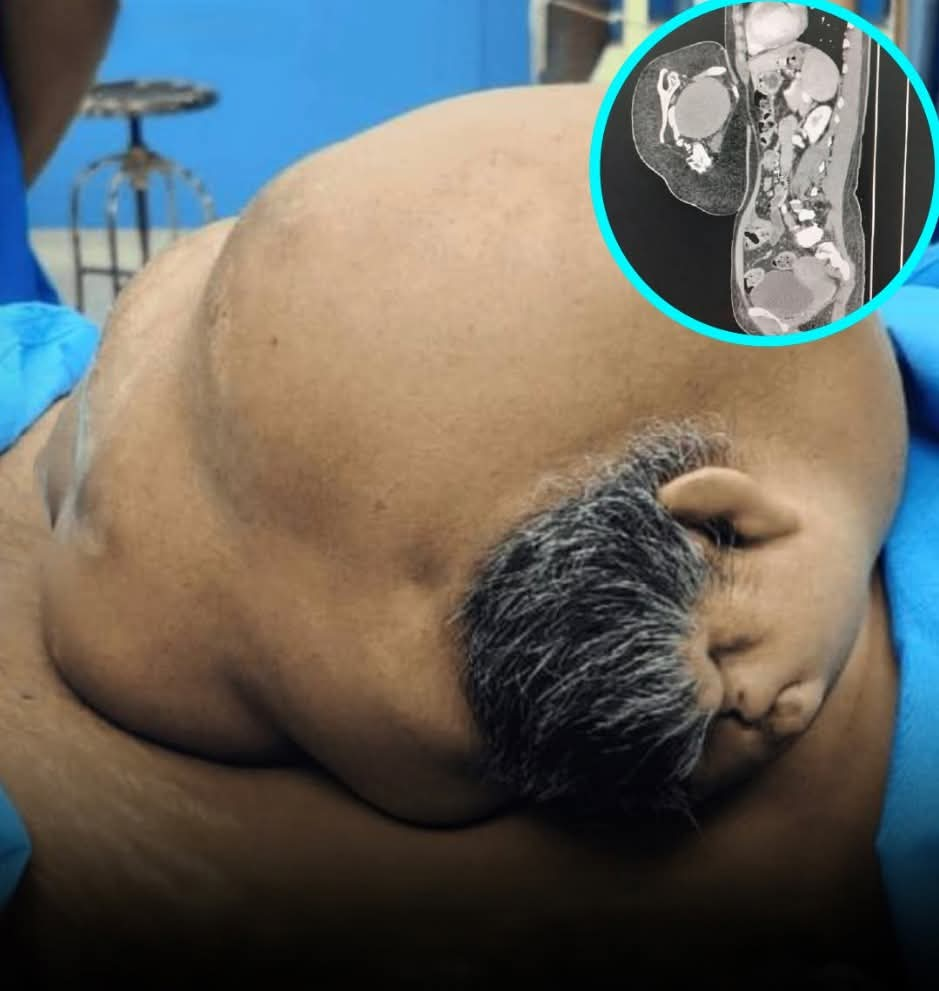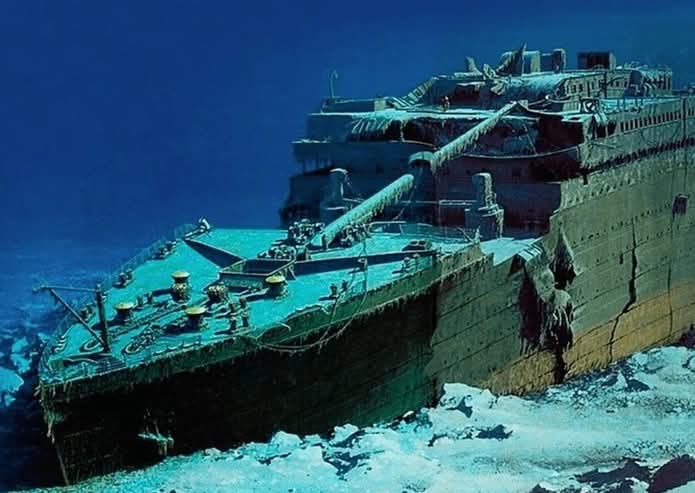IduwiniVoice Edubbas
Hazardous Areas In Our Neighborhood – How Familiar Are They To You?

Hazardous Areas In Our Neighborhood – How Familiar Are They To You?
Exploring the Risks Lurking in Our Vicinity.
By Admin.
In the hustle and bustle of daily life, it’s easy to overlook the potential hazards that might be lurking right under our noses. From chemical plants to construction sites, hazardous areas are more common than we might think, and it’s crucial that we stay informed and aware of the risks they pose.
Unseen Dangers.
These hazardous areas are often tucked away from our usual routes and are not always clearly marked. They can encompass a range of risks, including toxic emissions, explosive materials, high-voltage equipment, and more. Ignoring the potential dangers can lead to catastrophic consequences for both individuals and the environment.
Know Your Surroundings.
Understanding the hazards in your vicinity is paramount to ensuring your safety. Take a moment to familiarize yourself with the areas near your home, workplace, and frequented locations. Look out for warning signs, placards, or fences indicating potentially dangerous zones. If you’re unsure about any area, it’s wise to seek information from local authorities or online resources.
Education and Preparedness.
Education plays a pivotal role in preventing accidents. Communities must work together to raise awareness about hazardous areas and how to navigate them safely. Schools, workplaces, and local organizations can play a vital role in educating individuals about these risks, enabling them to make informed decisions.
Safety Measures.
Preventing accidents in hazardous areas requires taking proactive safety measures. If you live or work near such an area, ensure that you have a well-thought-out emergency plan in place. Familiarize yourself with evacuation routes, emergency contact numbers, and assembly points. Equip yourself with the necessary safety gear if you need to venture into these areas.
Advancements in Technology.
In our digital age, technology can also play a crucial role in enhancing safety. Mobile apps, interactive maps, and notifications can help keep individuals informed about nearby hazardous zones and provide real-time updates about any emergencies.
A Shared Responsibility.
Ultimately, safety in hazardous areas is a shared responsibility. Government agencies, businesses, and individuals must collaborate to mitigate risks and ensure the well-being of the community. Reporting any safety concerns promptly to the relevant authorities can make a significant difference.
Conclusion.
In conclusion, the hazardous areas that might exist in our neighborhoods demand our attention and caution. By familiarizing ourselves with these potential risks, educating others, and taking necessary precautions, we can navigate these zones safely and protect ourselves, our loved ones, and our environment.
IduwiniVoice Edubbas
‘Education Remain the Bedrock of Development’ — High Chief Angodideke

By: Derick Peretengboro
The growing belief that education remains a vital catalyst for development has been exemplified once again in the riverine Delta as the launch of the 2026 edition of the famous ‘Back to School’ initiative came alove in Delta State, courtesy of the Common Men Assembly (CMA). The body has reiterated its belief in education as a catalyst for development riverine Ijaw communities.
The programme, which focuses on supplying essential learning materials to public primary schools, is expected to benefit pupils in 25 communities across five local government areas.
Hight Chief Angodideke Jude, the Ogungbeiwei of Ngbilebiri-Mein Kingdom and Chairman of the CMA, while addressing stakeholders at the launch, said the initiative was conceived to address the persistent lack of basic educational infrastructure in riverine communities.
Working alongside Tantita Security Services Nigeria Limited and the Godfrey Pondi Book Club, the group distributed desks, books, bags, and sandals to selected schools on day one.
Schools in Okosugbene, Orugbene, and Ofogbene received 30 desks each, while other schools in Burutu and Warri South West LGAs received assorted learning materials.
The items were received by school officials and community leaders, including Mrs. Ebiyerin Esiri, Mr. Roland Government, and Mr. Oweikeniafa Ebi.
Pupils were seen excitedly engaging with the new materials, a development observers say could positively influence learning outcomes in the affected schools.
IduwiniVoice Edubbas
Wonders as Woman Lived with Parasitic Twin Inside Her for Almost 50 Years before Discovery

By: Daire Perez
Medical science isn’t just your everyday paracetamol and headache, seat back and be amazed by this rare and heartbreaking medical case. A 47-year-old woman recently learned that the large abdominal mass she had lived with since birth was in fact her undeveloped twin. The rare congenital condition known as an epigastric heteropagus twin, occurs when one embryo fails to fully develop and remains attached to the other during pregnancy.
According to reports, the woman – a mother of four – decided to undergo surgery after carrying the mass for nearly half a century. Surgeons discovered a 24-centimeter growth containing primitive human features, including an ear, a nose, and partially formed limbs. The mass was being nourished by an artery connected to the carrier’s abdomen.
Medical specialists involved in the case emphasized the crucial role of advanced imaging studies conducted before operation. These scans allowed doctors to precisely map the mass’s structure and safely remove it without endangering the patient’s life.
Cases of parasitic twins are extremely rare, making this one of the most unusual and fascinating occurrences in modern medical literature.
Adapted from Weired, Wonder, and Amazing Tings (Facebook)
IduwiniVoice Edubbas
TITANIC: A GRAVE IN THE DEEP – 113 YEARS LATER, QUESTIONS STILL HAUNT THE ATLANTIC

By Tama Peretengboro
Imagine the icy Atlantic, silent but for the fading cries of the doomed. On the early morning of April 15, 1912, the RMS Titanic-the so-called “unsinkable” ship-vanished beneath the surface of the North Atlantic,taking more than 1,500 lives with it.The tragedy remains one of the most devastating maritime disasters in history.
In the aftermath, survivors huddled in lifeboats, drifting in shock and silence.Many would later recall that the quiet that followed the sinking-the absence of voices, of splashes, of life – was more harrowing than the chaos itself.
For over seven decades, the wreck lay undisturbed, lost to time and memory-untilb1985, when an expedition led by Dr. Robert Ballard discovered the remains of the Titanic nearly 2.5 miles beneath the surface.What they found was a ship torn apart-broken in two and scattered across the ocean floor like an open wound frozen in time.
Since then, more than 5,000 artifacts have been recovered from the site, each one a chilling reminder of that fateful night: bottles of perfume that still carry their scent, letters that never reached their destinations, pairs of shoes lying where their owners once stood. These personal items have become the voice of the dead,telling stories that words cannot.
But even as these objects are studied and displayed in exhibitions around the world, a haunting question remains: Are there human remains still at the site?
Marine scientists are divided. Some argue that the ocean’s immense pressure, low temperatures, and microbial activity would have long since broken down any human tissue. Others point to the way personal effects remain arranged-shoes placed side by side, clothing intact in some cases-suggesting bodies once rested there,perhaps shielded by the deep.
What’s clear is that the Titanic is more than a shipwreck. It is a sunken memorial, a timecapsule lying in darkness. Over a century later, it continues to stir emotion and inquiry, reminding us that beneath the waves lies a tragedy that time can not wash away.
Credit: Weired, Wonder, and Amazing Things on Facebook
